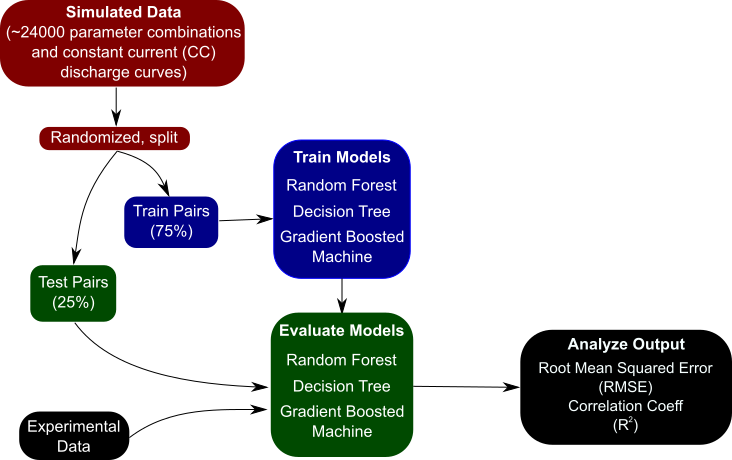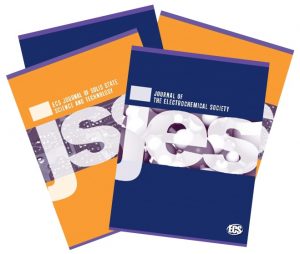 ECS prides itself on publishing high-quality, rigorously vetted content in its peer-reviewed journals, the Journal of The Electrochemical Society and the ECS Journal of Solid State Science and Technology.
ECS prides itself on publishing high-quality, rigorously vetted content in its peer-reviewed journals, the Journal of The Electrochemical Society and the ECS Journal of Solid State Science and Technology.
As one of the last remaining independent, nonprofit society publishers of electrochemical and solid state science and technology, ECS is committed to the provision of valuable and efficient services for its authors, whose research accelerates advances toward sustainability on a global scale.
Success in this endeavor requires the Society’s constant critical attention—to its authors, its publications, and vacillating trends in scholarly publishing.
To that end, ECS would like your feedback.
After over 115 years of peer-reviewed research, what is it that keeps authors publishing in ECS journals? In what ways do ECS journals excel?
To those who have opted to publish elsewhere, how might ECS journals adapt to meet your needs as an author? What aspects of ECS journals need reexamination?
Above all else, what do you look for in a scientific journal?
Whether you’re a proponent or a critic of ECS journals, please take a few minutes to tell us more.
Any feedback you are able to provide—positive or negative—will assist ECS in evaluating the strength and scope of its peer-reviewed journals.
Share your thoughts today to help shape the future of these publications!



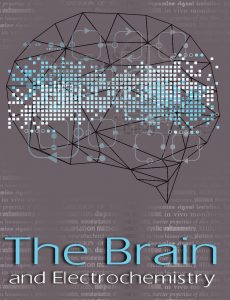
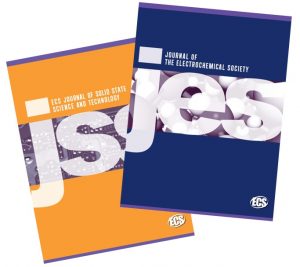 CS would like to thank all of the individuals who served as
CS would like to thank all of the individuals who served as 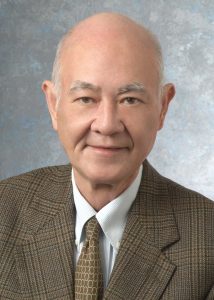
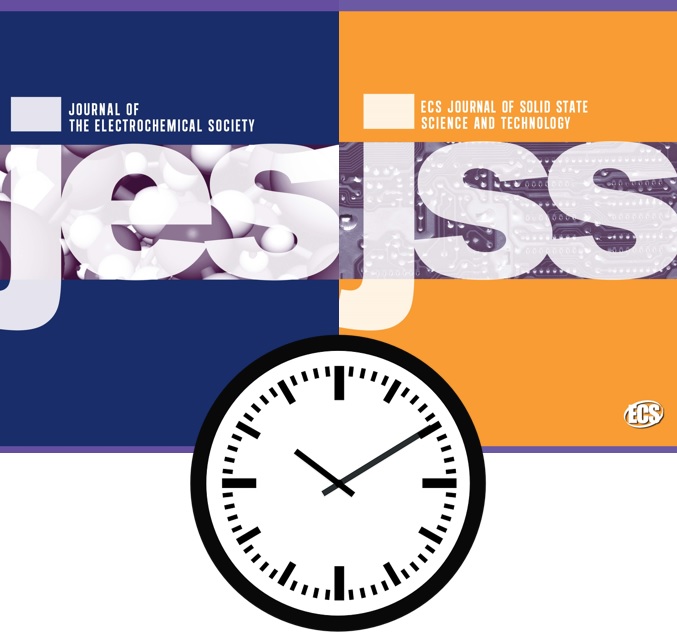 In a recent survey of over 100 corresponding authors who published in ECS journals, over 55% of respondents said the speed from initial manuscript submission to publication was faster than expected, and nearly 25% said it was very fast.
In a recent survey of over 100 corresponding authors who published in ECS journals, over 55% of respondents said the speed from initial manuscript submission to publication was faster than expected, and nearly 25% said it was very fast.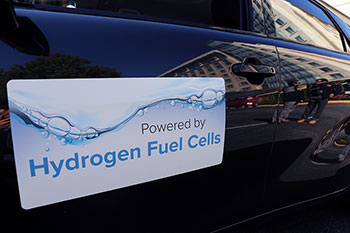 Fuel cells play a major role in creating a clean energy future, with a broad set of applications ranging from powering buildings to electrifying transportation. But, as with all emerging technologies, researchers have faced many barriers in developing affordable, efficient fuel cells and creating a way to cleanly produce the hydrogen that powers them.
Fuel cells play a major role in creating a clean energy future, with a broad set of applications ranging from powering buildings to electrifying transportation. But, as with all emerging technologies, researchers have faced many barriers in developing affordable, efficient fuel cells and creating a way to cleanly produce the hydrogen that powers them.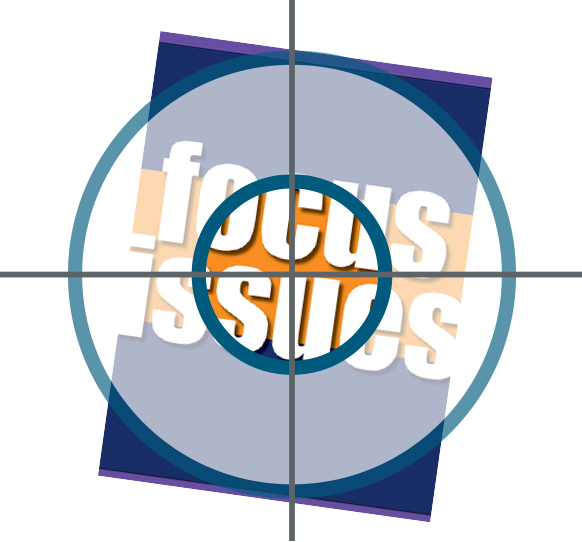 The
The 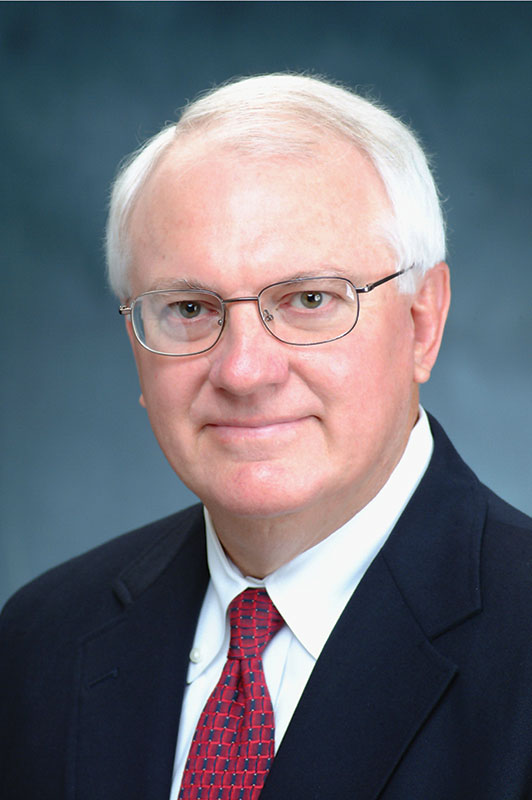 Charles L. Hussey is Associate Dean for Research and Graduate Education in the College of Liberal Arts at the University of Mississippi and professor of chemistry. He is a fellow of ECS and a recipient of the Society’s Max Bredig Award in Molten Salt and Ionic Liquid Chemistry. His scientific research with molten salts/ionic liquids has been directed at the electrochemistry and spectroscopy of d- and f-block elements, the electrodeposition of aluminum and corrosion-resistant aluminum-transition metal alloys, the electrodissolution of metals and alloys, and the electrochemical processing of spent nuclear fuel. Hussey was recently reappointed as technical editor of the
Charles L. Hussey is Associate Dean for Research and Graduate Education in the College of Liberal Arts at the University of Mississippi and professor of chemistry. He is a fellow of ECS and a recipient of the Society’s Max Bredig Award in Molten Salt and Ionic Liquid Chemistry. His scientific research with molten salts/ionic liquids has been directed at the electrochemistry and spectroscopy of d- and f-block elements, the electrodeposition of aluminum and corrosion-resistant aluminum-transition metal alloys, the electrodissolution of metals and alloys, and the electrochemical processing of spent nuclear fuel. Hussey was recently reappointed as technical editor of the 